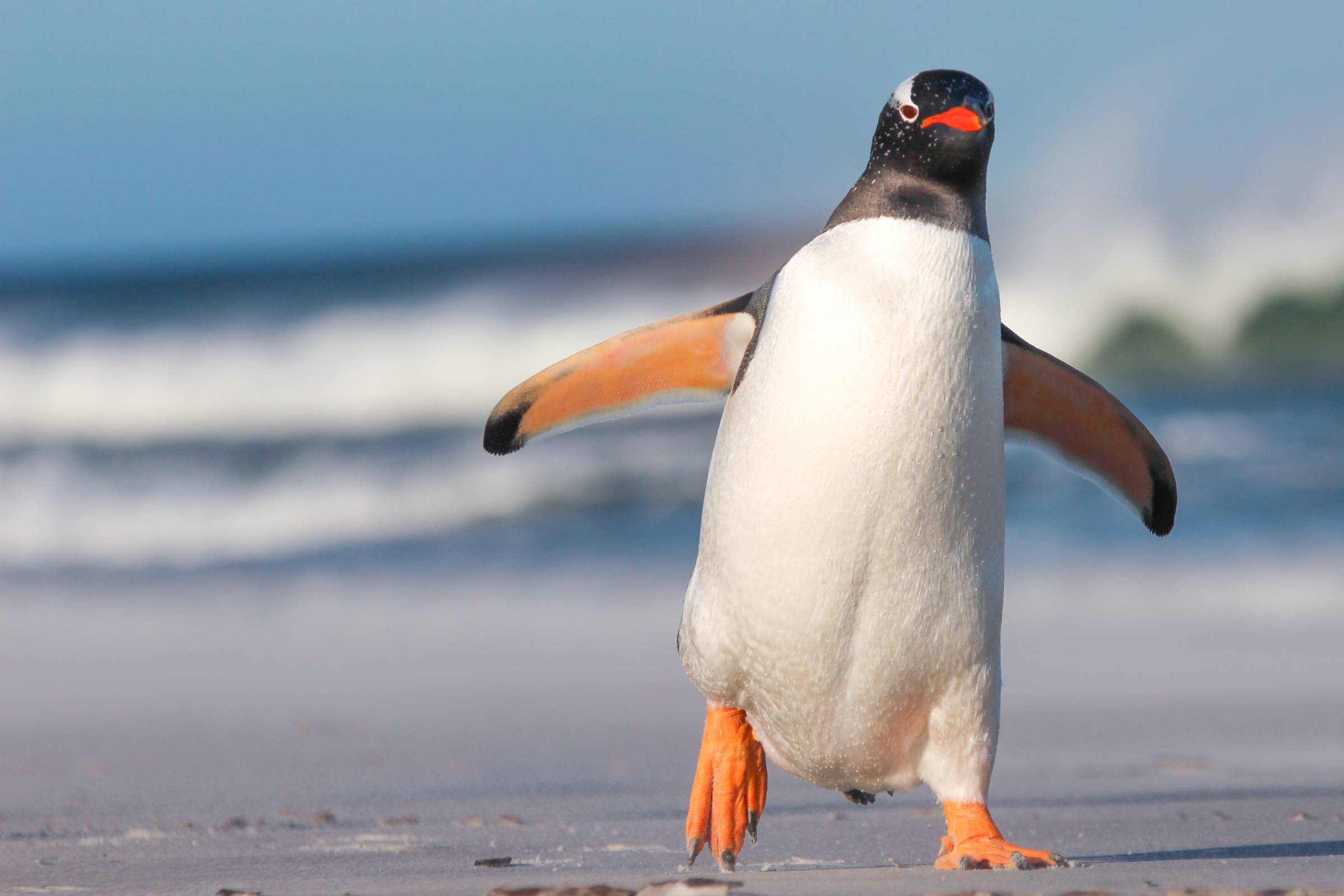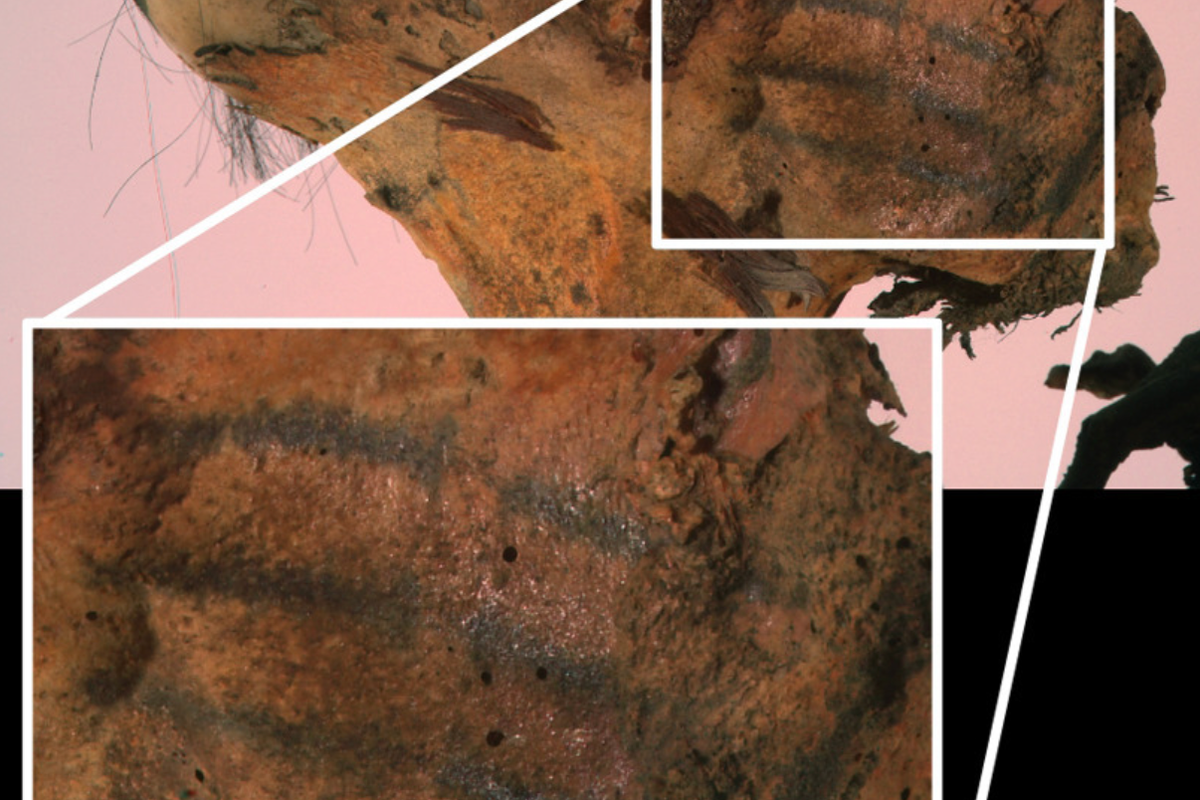Unfortunately, we do get less flexible as we get older. Clinicians even have a test called ‘Sit to Stand’ (measuring the ability to stand up from a chair), widely used to examine physical function and screen older people at risk of falls and frailty.
There are lots of reasons why standing up…









